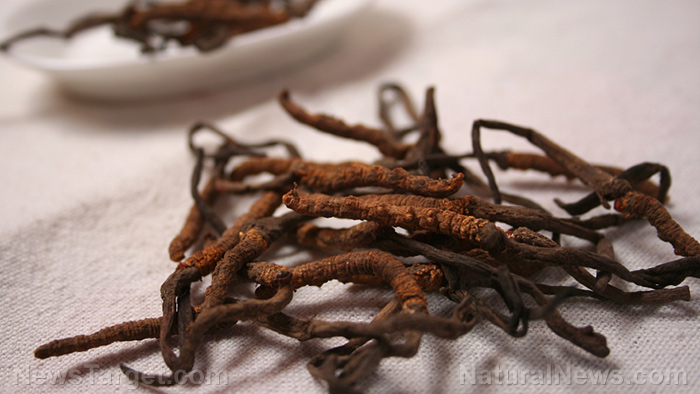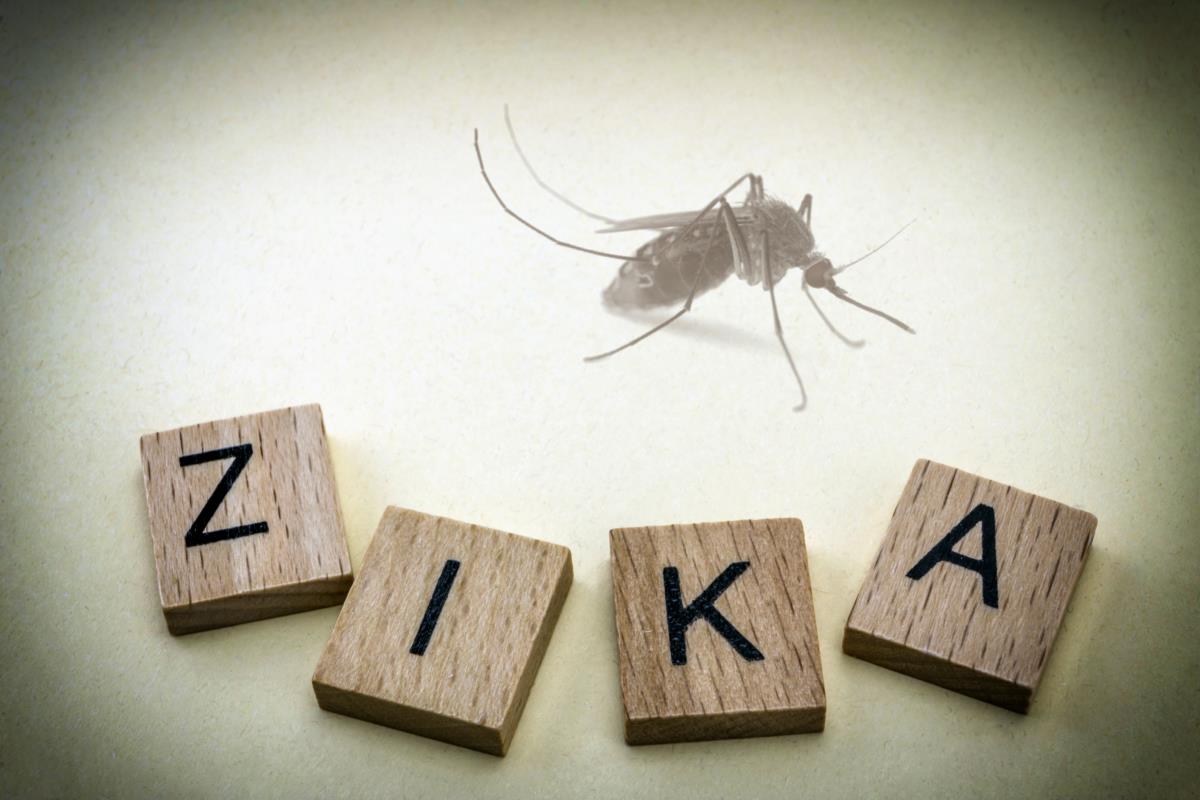Researchers look at the ability of cordyceps to “burn” fat in the liver
12/12/2019 / By Ralph Flores

Extracts from the medicinal mushroom Cordyceps militaris can potentially be used to prevent — even reverse — nonalcoholic fatty liver disease (NAFLD), one of the most prevalent forms of liver disease among American adults. In a study published in the Journal of Medicinal Food, researchers from South Korea investigated whether C. militaris can regulate lipogenesis in the liver.
Lipogenesis refers to the body’s production of fatty acids and triglycerides, either from glucose (sugar) or other substances. This process mainly occurs in the liver, making it an important part of dealing with obesity and its complications. For instance, it has been linked to NAFLD, a condition marked with the accumulation of too much fat in liver cells. In the U.S., around one in four people have the condition, often undiagnosed. Other risk factors for NAFLD include:
- Insulin resistance, a condition where cells do not take up sugar in response to insulin
- Hyperglycemia, or high blood sugar — a precursor of Type 2 diabetes
- Elevated triglyceride levels in the blood
For many people, NAFLD is asymptomatic, that is, it does not have noticeable signs at its onset. However, if left unchecked, the condition can lead to liver inflammation, scarring (cirrhosis) and liver failure. The damage caused by NAFLD to the liver is similar to that caused by heavy alcohol use.
In the current study, the team looked at the efficacy of fermented C. militaris extract in preventing NAFLD precursors. The researchers found that the fermented extract has a dose-dependent effect when it comes to regulating genes involved in lipogenesis. The extract also exhibited the ability to activate fatty acid oxidation, the process by which fatty acids are broken down and converted into energy.
The power of the elements: Discover Colloidal Silver Mouthwash with quality, natural ingredients like Sangre de Drago sap, black walnut hulls, menthol crystals and more. Zero artificial sweeteners, colors or alcohol. Learn more at the Health Ranger Store and help support this news site.
The team concluded that fermented C. militaris extract can be used to treat NAFLD due to its ability to prevent hepatosteatosis (fatty liver). (Related: Cordyceps mushroom is a powerful performance enhancer.)
Cordyceps, the “zombie” fungus
Cordyceps get a bad rap, mostly due to popular media’s portrayal of the mushroom. Often dubbed as the “zombie” fungus, it got its name from the way it attacks its host. Insects that fall victim to the parasite often have their brains “hijacked” before they die — hence, the moniker.
For those familiar with traditional Chinese medicine, however, Cordyceps aren’t the zombie fungus but rather an age-old treatment for a flurry of diseases. In particular, the remains of both the insect and fungi have been collected for centuries to treat fatigue, kidney diseases and even low sex drive.
These days, it’s not uncommon to see Cordyceps extracts in health stores, given their health benefits. It’s worth noting that Cordyceps is a genus that contains over 400 fungi; so far, researchers have focused mostly on the benefits of two, namely, C. sinensis and C. militaris.
Here are some of the health benefits that Cordyceps confer.
- Anti-aging. Data from animal studies reveal that Cordyceps have anti-aging properties. In particular, murine studies have shown that they can increase antioxidants in aged mice and improve memory and sexual function. In addition, mice treated with Cordyceps lived longer than those given a placebo.
- Anti-diabetic. Cordyceps can decrease blood sugar levels, as well as protect against kidney disease — a common complication of diabetes. In a review of over 2o different studies, researchers found that taking Cordyceps supplements improved kidney function among those with chronic kidney disease.
- Cardioprotective. In China, Cordyceps are an approved treatment for irregular heartbeat (arrhythmia). In addition, animal research has found that they can decrease “bad” cholesterol levels, a major contributor to heart disease.
Learn more about Cordyceps and other heart- and liver-friendly medicinal foods at NaturalMedicine.news.
Sources include:
Tagged Under: alternative medicine, Chinese medicine, Cordyceps militaris, food cures, food is medicine, functional food, herbal medicine, Herbs, liver health, Mushroom, natural cures, natural medicine, nonalcoholic fatty liver disease, remedies, research




















